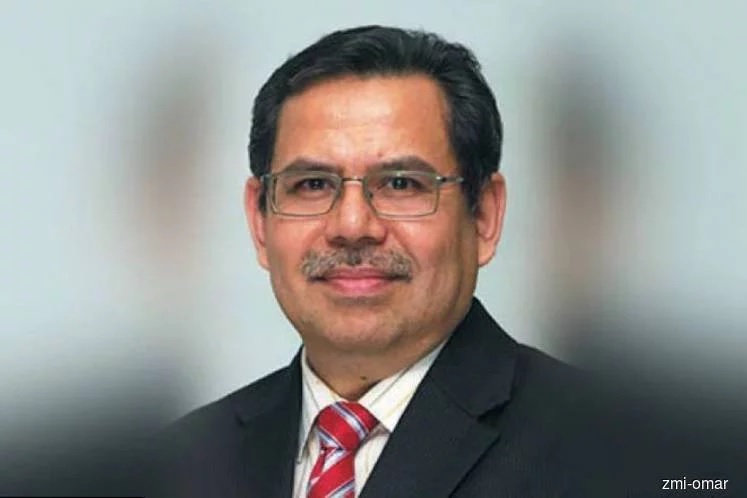
KUALA LUMPUR (April 3): Banks should look into utilising waqf trusts as a tool to improve affordable home ownership in the country.
International Centre for Education in Islamic Finance chief executive officer Datuk Dr Mohd Azmi Omar said during a panel discussion at the “Constructing and Financing Affordable Housing across Asia” forum that while waqf trusts are being utilised for the property sector, there is a tendency for trusts to be used to develop commercial properties, as well as middle- to high-end properties.
“At the end of the day, this does not address the needs of certain segments of society. Maybe the name of the affordable housing has a stigma. Most importantly when you look at the idea of waqf it is to create a permanency.
“You give something that is permanent in nature and the return is continuous, to benefit the public,” said Mohd Azmi at the conference jointly organised by Cagamas Bhd and the World Bank Group yesterday.
He proposed that one possibility for banks is to create a cash waqf fund, whereby individuals can invest in the fund, which would be used to develop the properties managed by the waqf trust. “As you know, housing includes financing costs, construction and land cost,” he said, explaining that since waqf land is given for free,due to it being given to the religious authorities, developers would only have to focus on financing and construction costs.
Waqf is an Islamic finance principle whereby an individual or organisation endows the religious authorities an asset, for example, a building or parcel of land, who then proceeds to develop a trust to maintain and run the asset in question. The initial provider of the asset does not expect to reclaim the assets or the income generated from the assets.
While Mohd Azmi acknowledged that properties cannot be sold and bought in the same way as they are in conventional finance, one way to generate income from the development of land could be to lease the properties to potential “buyers” for a period of 99 years. “It is like a leasehold plot. So it is not a sale, but like a long-term lease whereby after 99 years the property will return to the possession of the religious authorities” explained Mohd Azmi.
He said as a result raising funds from the development of homes using waqf would in turn be channelled to other community projects that merit such funding. He highlighted that waqf trusts have been used to develop residential properties not just in Malaysia, but also in Singapore as well.
On the topic of banks partnering with other entities to fulfill social obligations, Maybank Islamic Bank Bhd CEO Datuk Mohamed Rafique Merican Mohd Wahiduddin Merican said that from Maybank’s perspective it has started to engage in partnerships with developers, state governments and federal government agencies. “We find that we have to actually go beyond just what the bank is set up for, as there are segments of the community that it (Maybank) has to serve” said Mohamed Rafique.
He opined that Islamic banks in particular should be more creative in terms of their product offerings, and that this creativity in product offerings being put out to market could result in a viable solution for challenges faced by certain less fortunate segments of society.
TOP PICKS BY EDGEPROP
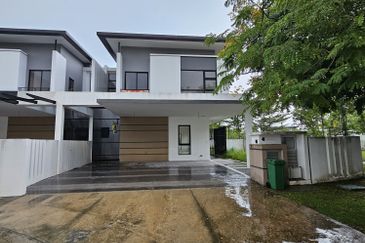
Cheria Residences, Tropicana Aman
Telok Panglima Garang, Selangor
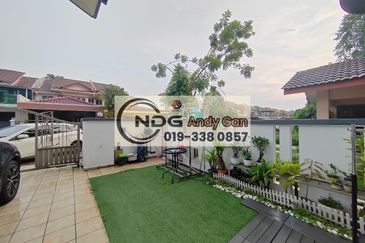
Bandar Botanic Kelang
Bandar Botanic/ Bandar Bukit Tinggi, Selangor

Telok Panglima Garang Industrial Zone
Telok Panglima Garang, Selangor
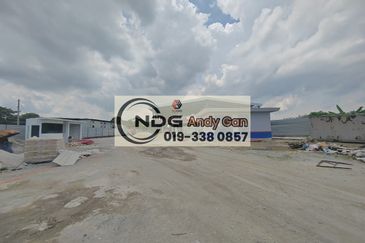
Telok Panglima Garang Industrial Zone
Telok Panglima Garang, Selangor

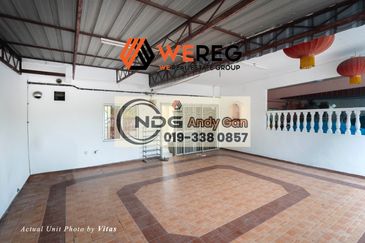
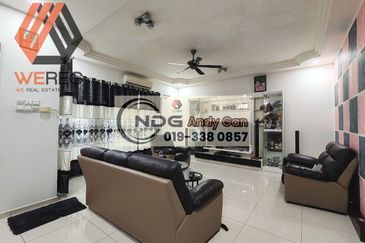
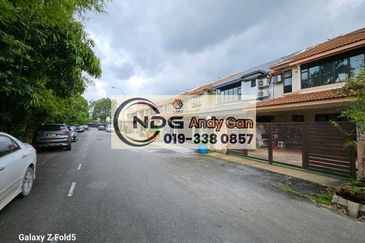
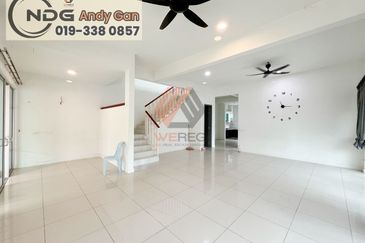
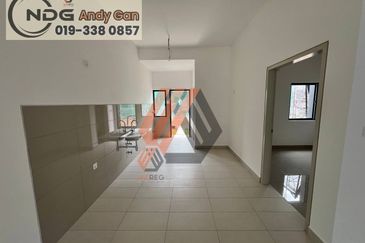
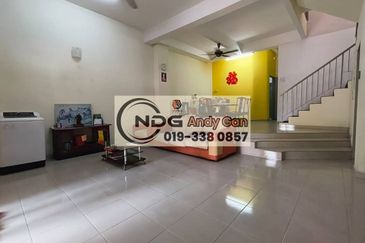
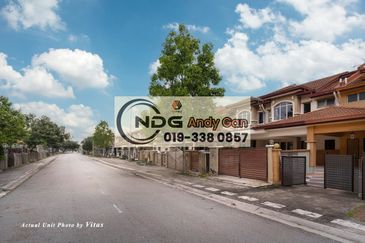

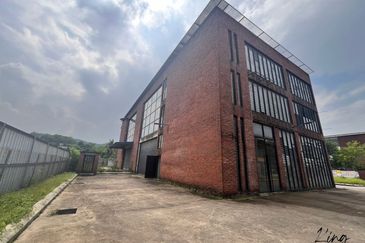




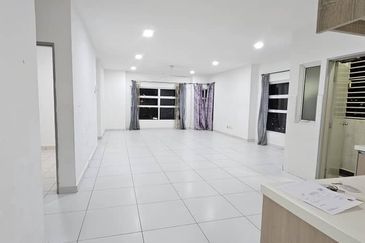
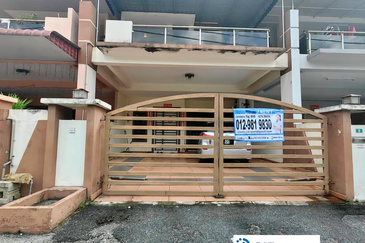
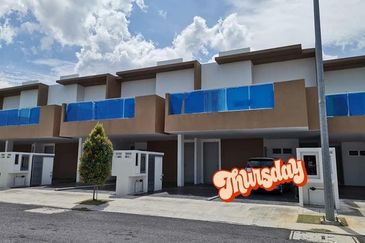
hero.jpg?GPem8xdIFjEDnmfAHjnS.4wbzvW8BrWw)



